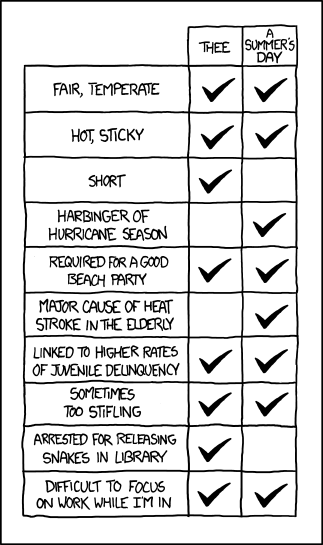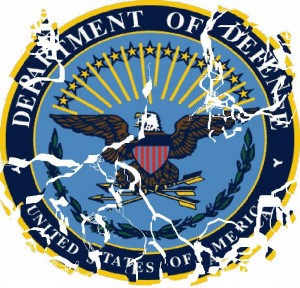William Lind on the Taliban’s Operational Art
Friday, June 29th, 2012
Adam Elkus directed my attention today on Twitter to a new piece by William S. Lind, “the Father of 4th Generation Warfare” at The American Conservative:
….The Soviet army focused its best talent on operational art. But in Afghanistan, it failed, just as we have failed. Like the Soviets, we can take and hold any piece of Afghan ground. And doing so brings us, like the Soviets, not one step closer to strategic victory. The Taliban, by contrast, have found an elegant way to connect strategy and tactics in decentralized modern warfare.
What passes for NATO’s strategy is to train sufficient Afghan forces to hold off the Taliban once we pull out. The Taliban’s response has been to have men in Afghan uniform— many of whom actually are Afghan government soldiers or police—turn their guns on their NATO advisers. That is a fatal blow against our strategy because it makes the training mission impossible. Behold operational art in Fourth Generation war.
According to a May 16 article by Matthew Rosenberg in the New York Times, 22 NATO soldiers have been killed so far this year by men in Afghan uniforms, compared to 35 in all of last year. The report went on to describe one incident in detail—detail NATO is anxious to suppress. There were three Afghan attackers, two of whom were Afghan army soldiers. Two Americans were killed. The battle—and it was a battle, not just a drive-by shooting—lasted almost an hour.
What is operationally meaningful was less the incident than its aftermath. The trust that existed between American soldiers and the Afghans they were supposed to train was shattered. Immediately after the episode, the Times reported, the Americans instituted new security procedures that alienated their native allies, and while some of these measure were later withdrawn,
Afghan soldiers still complain of being kept at a distance by the Americans, figuratively and literally. The Americans, for instance, have put up towering concrete barriers to separate their small, plywood command center from the outpost’s Afghan encampment.
Also still in place is a rule imposed by the Afghan Army after the attack requiring most of its soldiers to lock up their weapons when on base. The Afghan commanding officer keeps the keys….
Lind has lost none of his skill for zeroing in on which buttons to push that would most annoy the political generals among the brass.
However, I think Lind errs in ascribing too much credit to the Taliban here. A much simpler explanation is that the usually illiterate ANA soldier is a product of the same xenophobic cultural and religious environment that created the Taliban, the Haqqanis, vicious Islamist goons like Gulbuddin Hekmatyar or the Afghan tribesmen who slaughtered the retreating garrison of Lord Elphinstone in 1841.
While the Taliban have infiltrators, it remains that many of the “Green on Blue” killings are just as easily explained by personal grievances, zealous religious bigotry, indiscipline, mistreatment by American advisers or Afghan superiors and sudden jihad syndrome. While it is impolitic to emphasize it, Afghan betrayal and murder of foreign allies (generally seen as “occupiers”) is something of a longstanding historical pattern. The Taliban capitalize on it politically but they are not responsible for all of it.







